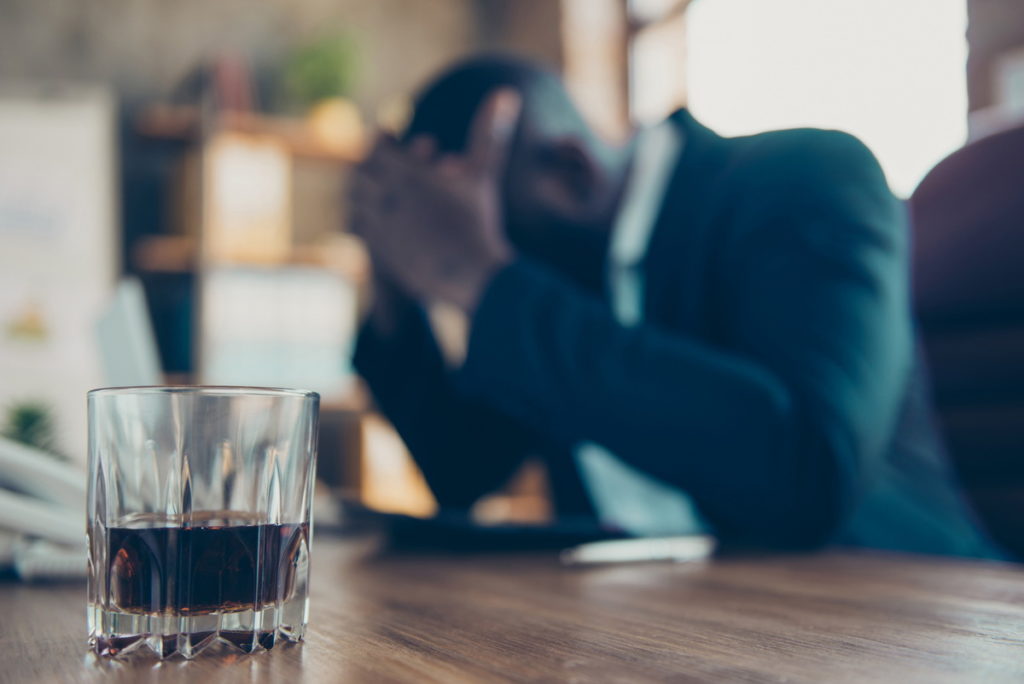
Dependence on Alcohol and Drugs
It is often difficult for people to recognize that they have become dependent on alcohol or other drugs. They may see it as a temporary situation because they are in physical pain or because they are dealing with a difficult situation such as grief, loss, anxiety or trauma.
Some signs that you may have an alcohol or other drugs problem are:
- changed eating or sleeping habits
- caring less about your appearance
- spending more time with people who drink or use drugs to excess
- missing appointments, classes or work commitments
- losing interest in activities that you used to love
- getting in trouble in school, at work or with the law
- getting into more arguments with family and friends
- relying on drugs or alcohol to have fun or relax
- having blackouts
- drinking or using drugs when you are alone.
Asking for help when you first suspect you have a problem is important so that you can get support to make changes. The earlier you reach out the better, but it is never too late.
Often it is family and friends who first recognize that a person they care about has an alcohol or drug problem. They may have noticed them acting differently: being withdrawn, always tired, increasingly hostile or easily upset. They may ask the person straight out if they have a problem.
If that happens to you, you might feel threatened or criticized. Try to remember that they are trying to look out for your wellbeing. A positive the first step would be to listen, reflect, and be honest with yourself about what they had to say.

There is no particular type of person who becomes dependent on alcohol or other drugs. It can happen to anyone. What starts as the occasional use of a drug or one prescription of pain-relieving medication, can get out of control as time passes. You may find you need bigger doses to get the same feeling or to lessen the pain.
Other signs that you are becoming dependent on alcohol or other drugs include:
- having intense urges for the substance
- needing more of a substance to get the same effect
- fixating about making sure you have a constant supply of the substance
- spending more and more money on the substance
- cutting back on social or other activities
- not meeting your work, family or study responsibilities
- taking risks and doing things that are illegal
- trying but failing to stop using the substance.
Cutting down on alcohol or other drugs is hard to do because repeated alcohol or drug use makes the body more dependent and changes the brain. Brain scans of people who are dependent on alcohol or other drugs often show changes in the areas of the brain that help you learn and remember and make decisions.
The best thing you can do is to talk to someone you trust so you do not have to deal with this challenge alone. If you think that you or someone close to you has an alcohol or other drug problem, speak with your local doctor as soon as possible.
